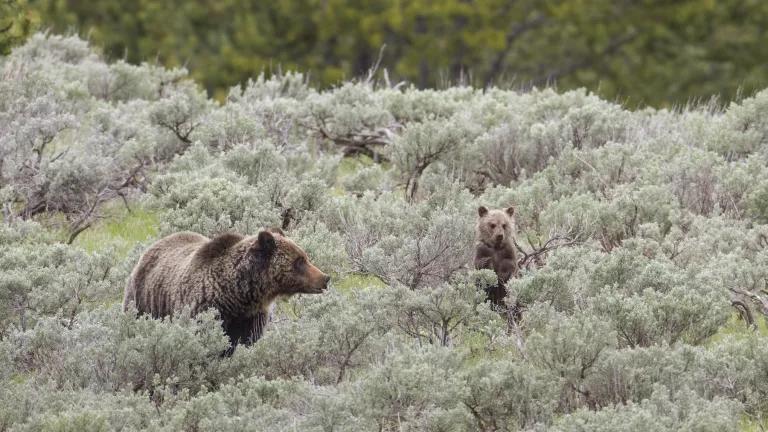The GOP Tax Plan: “Caribou for Millionaires”

The Trump-GOP tax package has dominated political commentary now for weeks. Republicans are glossing over the bill’s proposed $1.5 trillion increase in the deficit and Democrats are slamming it for what it would do to families, communities and the environment.
The pressure is on with just a few weeks left in the congressional year; if this tax package succeeds, it will be the first major piece of legislation Congress has managed to pass and send to President Trump’s desk to be signed into law. And because the bill is moving as part of the budget process—allowing it special consideration in the Senate—it presents the most tangible opportunity for a GOP victory to date in the 115th Congress.
Yet with all the focus on what Republicans love and Democrats hate with the bill, there’s little breathing room for the public to pay notice to what else is lurking in the folds. Unbeknownst to many, on Tuesday afternoon the Senate Budget Committee voted to package the GOP tax bill with legislation that would open the Arctic National Wildlife Refuge to oil and gas drilling—effectively selling off America’s most precious public lands for corporate polluter profit.
It’s no wonder this plan has been referred to as “caribou for millionaires.”
Now, the GOP tax bill mandating oil and gas leasing on America’s most pristine National Wildlife Refuge will receive consideration by the full Senate. And while a number of GOP Senators—including Susan Collins of Maine and John McCain of Arizona—have previously opposed drilling in the Arctic Refuge, this week’s action will be a true test of faith.
Two votes on the Senate floor this week will present key opportunities for Senators to demonstrate whether their loyalty lies with the public interest, or with corporate polluters; with party allegiance, or with constituent values.
First, the Senators will have the opportunity to support an amendment to strike the Arctic Refuge drilling provision from the underlying tax legislation. Yet even with the 51-vote threshold, this will be a challenging feat.
If the amendment fails, Senators will then have an opportunity to demonstrate their allegiance with the public and opposition to drilling in the Arctic Refuge, by voting no on the overall tax package. This could be the last chance for Senators to prevent oil and gas drilling in one of America’s last wild places.
Once it is opened to oil and gas development, the Arctic Refuge as we know it will be lost forever.
As NRDC and our allies have noted, these votes “present a stark choice between preservation and destruction; between public interest and corporate profit; between commitment to clean energy and continued reliance on dangerous pollutants; between recovering polar bears, musk oxen, and porcupine caribou and hastening their decline; between respect for Gwich’in culture and squandering vital subsistence habitat; and between fiscal prudence and wishful thinking.”
Republicans and Democrats alike must remember the long history of bipartisan support for the Arctic Refuge, protect our children’s natural heritage for future generations, and stop this dirty and destructive legislation in its tracks.



